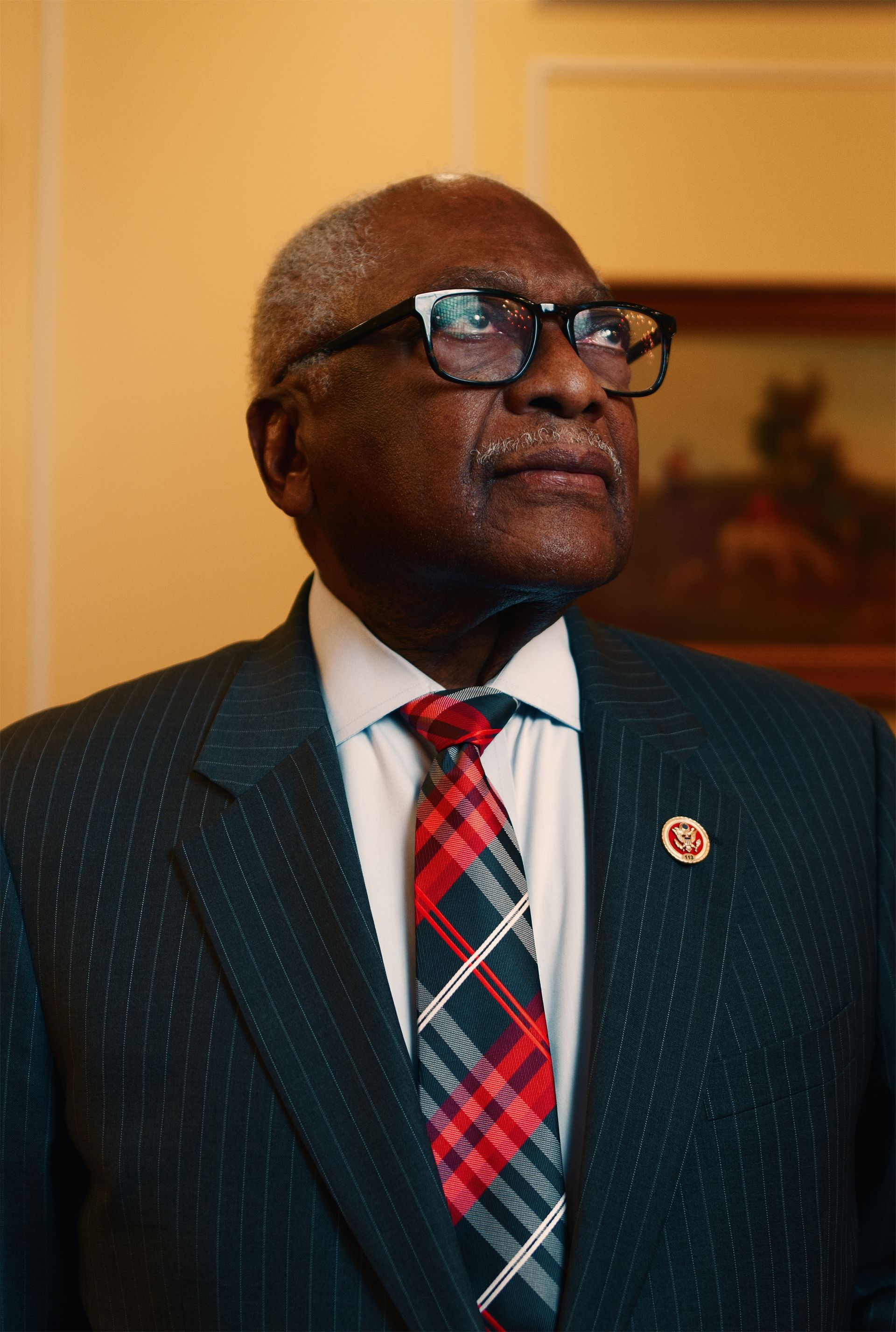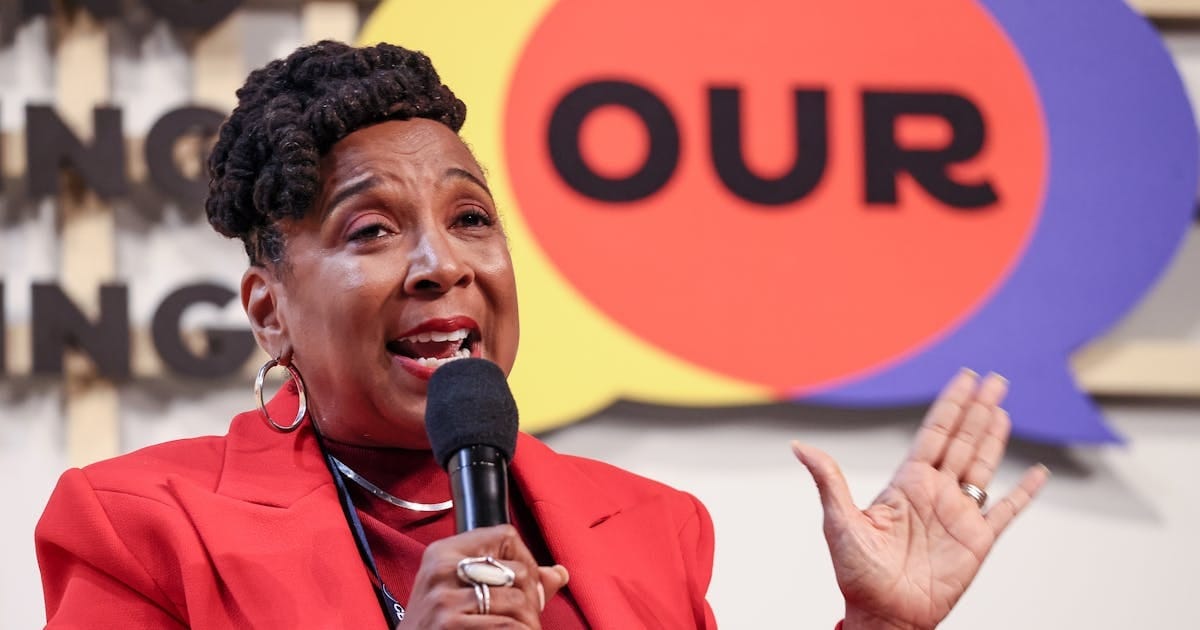- BlackVoter.Org
- Posts
- BlackVoter.Org
BlackVoter.Org


The article celebrates the life and legacy of Imam Jamil Al-Amin, formerly known as H. Rap Brown, who passed away on November 23, 2025.
Born in 1943, Al-Amin was a prominent figure in the Black Power movement and a fierce advocate for the rights and liberation of African Americans. His 1969 political autobiography, Die Nigger, Die!, challenged systemic racism, capitalism, and imperialism while advocating for a revolutionary struggle against oppression.
Al-Amin's journey was marked by political harassment, imprisonment, and an enduring commitment to his faith and community leadership after his release. His ideologies on the essential intertwining of Black identity and political action remain relevant, proclaiming that "Blackness alone is not revolutionary.
" Al-Amin's life was a testament to resilience, emphasizing that true freedom requires systemic change, not mere political concessions. His profound words continue to inspire current and future generations in their fight for justice and equality.


In a surprising political twist, Washington D.C.
Mayor Muriel Bowser has announced she will not run for a fourth term amid ongoing federal intervention by the Trump administration. Since taking office in 2015, Bowser has navigated a tumultuous term, particularly with the recent federal law enforcement presence in the city, aimed at tackling crime but prompting backlash from constituents and officials alike.
In her social media announcement, she praised the collaborative spirit of D.C.
residents while emphasizing the importance of maintaining local autonomy. Critics have voiced frustrations over her perceived leniency towards federal actions, including the deployment of National Guard troops under Trump's directive.
Despite these challenges, Bowser’s tenure has seen significant achievements, like facilitating the return of the NFL to D.C.
and advocating for city funding. As the political landscape shifts, potential successors are already emerging, setting the stage for a dynamic election season ahead in the nation’s capital.

In his compelling new book, The First Eight, Rep. Jim Clyburn shines a light on South Carolina's first Black congressmen, whose contributions have largely been overlooked.
Drawing from their remarkable stories, Clyburn emphasizes the lessons these pioneers offer in the present political landscape. Among them is Robert Smalls, who seized a Confederate ship to secure his freedom, later becoming the first African American captain in the U.
S. Navy.
Clyburn also highlights George Washington Murray, whose battles against voter suppression resonate with today’s struggles. The book is not just a celebration of these trailblazers; it serves as a cautionary tale about repeating historical mistakes.
With acute insights into current political dynamics, Clyburn urges readers to recognize that history can easily repeat itself if we fail to learn from it. As he reflects on his own political journey and future, Clyburn advocates for substance over style in today's divisive climate.

Discover the intriguing story of James Hemings, an enslaved chef who significantly influenced American cuisine, particularly the beloved macaroni and cheese. Hemings, the half-brother of Thomas Jefferson's wife and nephew to Jefferson himself, was brought to France to refine his culinary skills.
With training as one of America's first French-trained chefs, he introduced sophisticated cooking techniques at Jefferson's Monticello estate.
Among his creations was "macaroni pie," a dish that would evolve into the comforting mac and cheese we adore today.
Despite his remarkable talents and contributions, Hemings' legacy was largely unacknowledged for centuries. Now, as we celebrate this iconic dish at family gatherings, it's vital to recognize Hemings as a pioneering figure in American culinary history, demonstrating how enslaved individuals profoundly shaped the nation's food culture.
His story, now celebrated at Monticello, illustrates the often-overlooked influence of enslaved African Americans in crafting America’s diverse culinary landscape.

This year’s lineup of the Root 100 highlights the most influential politicians in Black America, showcasing trailblazers who are committed to justice and uplifting underserved communities. From championing civil liberties to advancing economic reforms, these leaders are making a significant impact from city halls to Capitol Hill, especially in the turbulent political climate under the Trump administration.
Kamala Harris stands out as the first female vice president, while leaders like Jasmine Crockett advocate for mental health awareness and Brandon Johnson prioritizes community safety. Other honorees include Baltimore's Brandon Scott, known for revitalization efforts, and New York Attorney General Letitia James, who fiercely advocates against predatory lending.
Their courage and accountability serve as a beacon of hope, demonstrating that effective, compassionate leadership is alive and well.

Jimmy Cliff, reggae's first international star, left an indelible mark on music and activism before his passing on November 24, 2025, at age 81. Born James Chambers in Jamaica, Cliff's career soared from his ska roots to global fame, fueled by his masterful songwriting and sharp social commentary.
Songs like "Vietnam" courageously challenged the anti-war sentiment of the late '60s, while "Many Rivers to Cross" resonated as an anthem for those grappling with displacement, blending personal struggles with universal themes. Besides his impressive discography, which includes 33 albums and a Grammy win, Cliff's unforgettable role as Rhyging in the film The Harder They Come showcased the corruption in Jamaica's music industry and cemented his status as a cultural icon.
From his unwavering spirit in "Struggling Man" to political tracks like "Pressure on Botha," Cliff's legacy is one of resilience and powerful social engagement, ensuring that his voice will echo for generations to come.

In a compelling discussion on Right Now With Perry Bacon, renowned legal scholar Kimberlé Crenshaw argues that anti-Blackness serves as a pivotal element in Donald Trump's authoritarian strategy. Reflecting on her recent report, "Anti-Blackness is the Point: Racism, Misogyny, and Donald Trump’s Assault on Equal Opportunity," she insists that while racism exists in various forms, the specific focus on anti-Blackness helps us understand its historical roots and current cultural manifestations within the MAGA movement.
Crenshaw highlights how anti-Black narratives shape political discourse, undermining solidarity and fueling policies harmful to marginalized communities. She calls on liberals and progressives to reclaim the fight against anti-Blackness and emphasize the interconnectedness of race and class in political discussions.
Urging sustained activism against complacency, Crenshaw warns that compliance with detrimental ideologies weakens the very foundations of democracy. Ultimately, her insights serve as a clarion call to recognize and resist the pervasive anti-Black sentiments that threaten civil rights and equality in America today.